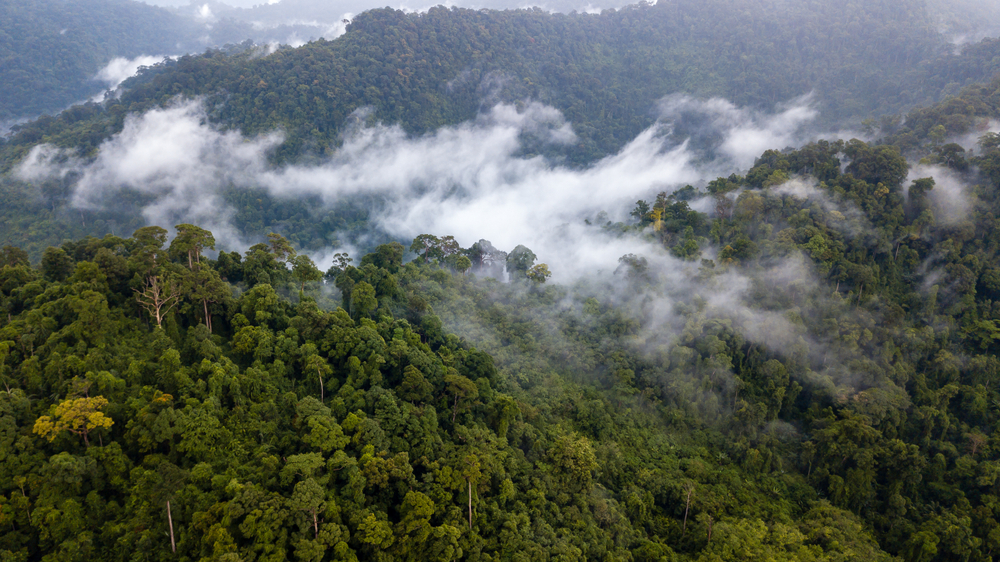The rumor that international actors are coveting the Amazon rainforest is hardly something new. Given its strategic, ecological and economic value, the collective imagination of the Amazon region has always been filled with accusations of sabotage, espionage, piracy, and imperialism from abroad.
It is entirely possible that the first of these tales dates back to 1689, when a German Jesuit by the name of Samuel Fritz was blocked by the Portuguese from returning to the Yurimágua tribe, in the Alto Solimões region, due to accusations of espionage. He was only able to make it back years later, accompanied by Portuguese troops.
Throughout the 18th century, the vulnerability of the Amazonian borders led Portugal to transform the local demographics, abolishing indigenous slavery in 1755, transforming religious villages into civil municipalities, and encouraging the miscegenation between whites and indigenous people in the region.
After Brazil became independent in 1822, the defense of the Amazon became one of the most sensitive elements of the emerging spirit of Brazilian nationalism. However, this time, the concern shifted from Europe to the U.S.
At the height of the period of American expansionism, the Amazon became an object of Yankee desire. Inspired by manifest destiny, U.S. Navy officer Matthew Fontaine Maury was in favor of invading the Amazon as a way of resolving the social problems of Southern states with regard to abolitionist pressures. The rainforest would be, in his eyes, a natural extension of the Mississippi valley.
Some of Matthew Maury’s writings were published in the Correio Mercantil newspaper in 1853 and sparked an immediate backlash. Teixeira de Macedo, a diplomat and minister, made severe criticisms of the Anglo-American arrogance, saying they were “convinced that they must regenerate the whole world and govern by way of their influence.”
Brazil’s march west
The desire to transform Brazil into a global power led President Getúlio Vargas to propose a march to the west. In a speech at the Manaus National Library in 1940, he spoke of the “Brazilian destiny of the Amazon,” where their task would be to pioneer, conquer and dominate that “immense depopulated space.”
According to Getulio Vargas, “the highest task of the civilized man is to conquer and dominate the valleys of the large equatorial torrents, transforming their blind force and extraordinary fertility into disciplined energy. The Amazon will become a chapter of the history of civilization.”
Post-World War II in the Amazon
With the end of World War II and the creation of the United Nations, one of the most controversial proposals for the Amazon region came to light. Scientist Paulo Berraldo Carneiro, seeking to further his research in the country, suggested the creation of the International Institute of the Amazon Hiléia (IIHA), led by UNESCO in 1947. Hileia was a term used by German naturalist Alexander von Humboldt to refer to the Amazon rainforest. After much negotiation, the IIHA was established by the Iquitos Convention of...


 Search
Search






































